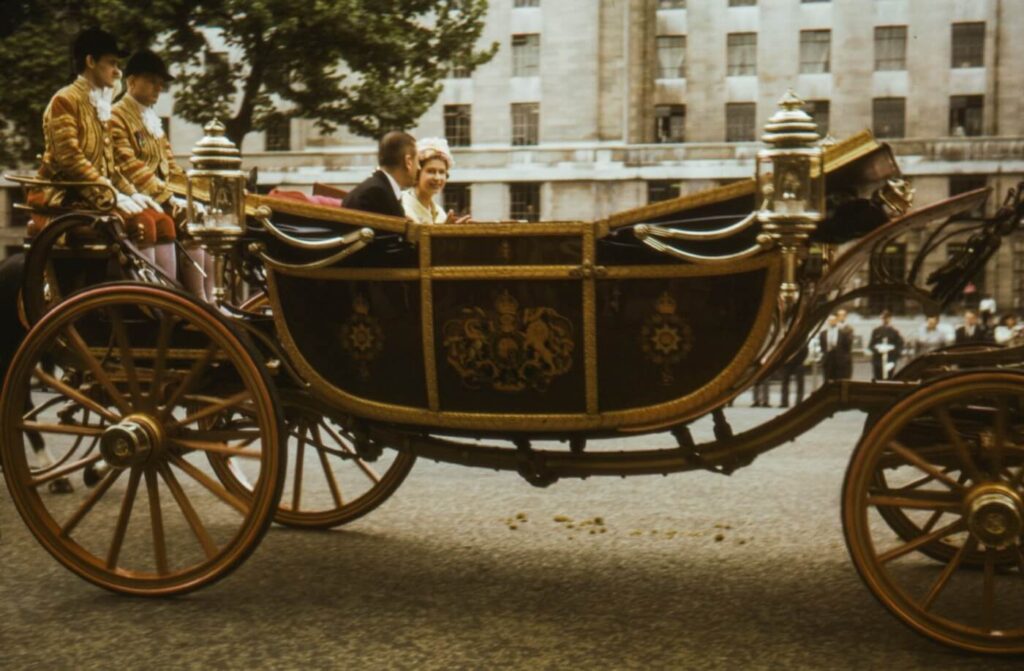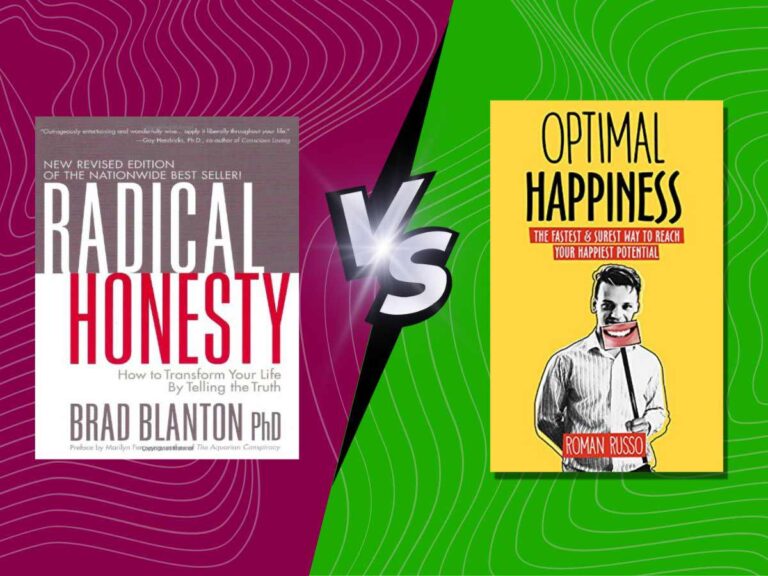
When Queen Elizabeth II said, “Good memories are our second chance at happiness,” she was referring to looking back on the past with fondness, especially to the moments of joy that bring us happiness.
She was absolutely correct in this sentiment. Thinking positively will bring us happiness, while negative thinking will have the opposite effect. Thus, we can say that as long as we focus on the positive, we can experience joy, but how can we avoid negative thoughts?
The answer comes from actively choosing to focus on the positives in our lives. This means not only looking at the good moments of the past but focusing on the present as well. When we take time to appreciate the little things that make our lives better, we can start to build a habit of positivity. Additionally, we can practice mindfulness, which is the ability to be aware of our thoughts and feelings without judgment. When we are mindful, we can observe our negative thoughts without letting them overwhelm us. We can choose to reframe our thoughts and focus on the positives, allowing us to move forward in life with optimism and joy.
After all, the National Science Foundation states that 80% of our thoughts are negative and 95% are repetitive. In other words, on average, most of the time we are caught up in the same old negative ruminations, going on and on about our past hurt and traumas or anxiously worrying about the future. It’s no wonder we feel so overwhelmed and exhausted.
But William James reminds us that we possess an incredible power – the power to choose our thoughts. Our thoughts are not set in stone and we can choose to change them instead of passively accepting them. Too bad we don’t exercise this power often enough. Many of us don’t even realize how to do it.
We are slaves to our thoughts and memories, and too often they take us to some dark places (80% of the time) and replay our past again and again and again (95% of the time), almost like masochists who hurt themselves because it gives them a perverse sense of pleasure. Learning to recognize and take control of our thoughts can be a difficult process, but it’s essential if we want to break this cycle and find peace and clarity.
But we don’t like feeling bad, and living in a nostalgic past can only take us so far. Far better is to focus on the present moment and make the most of it, for it is only in the present that real life happens. While it is true that “good memories are our second chance at happiness,” it is also vital that we keep pushing forward and live our lives to the fullest – savoring every moment that comes our way.
We should take inspiration from the life of the late Queen Elizabeth II, who lived her life with great joy and enthusiasm, and to whom we pay tribute with this blog post and our deepest regards.














